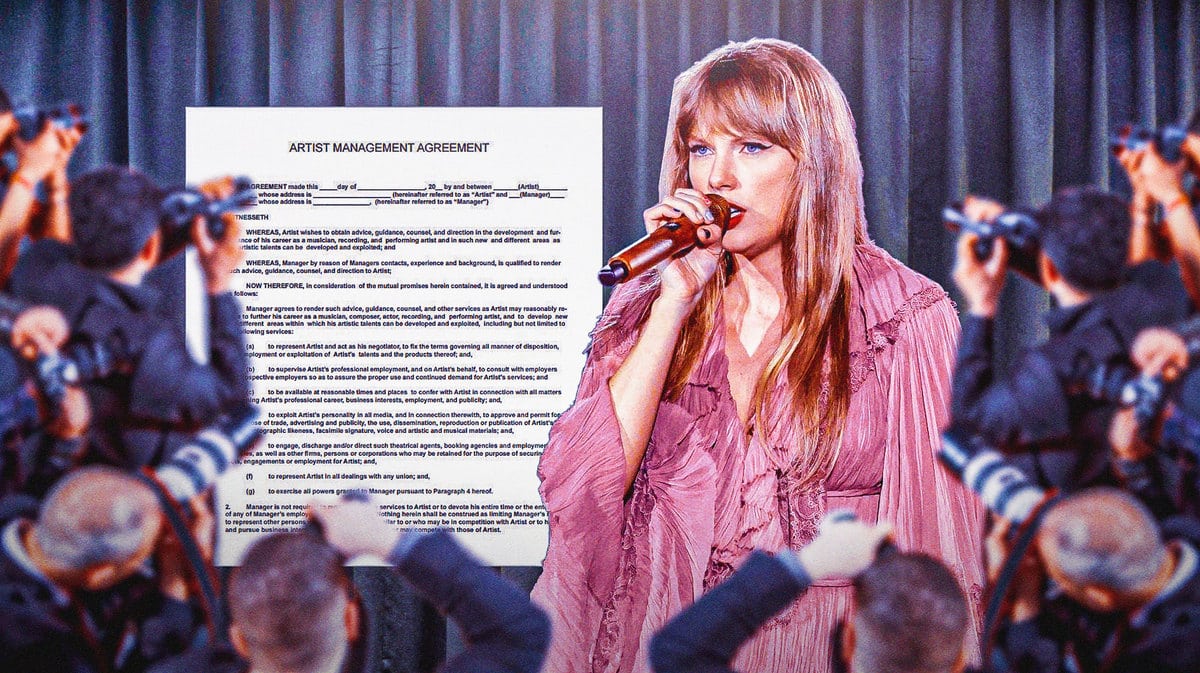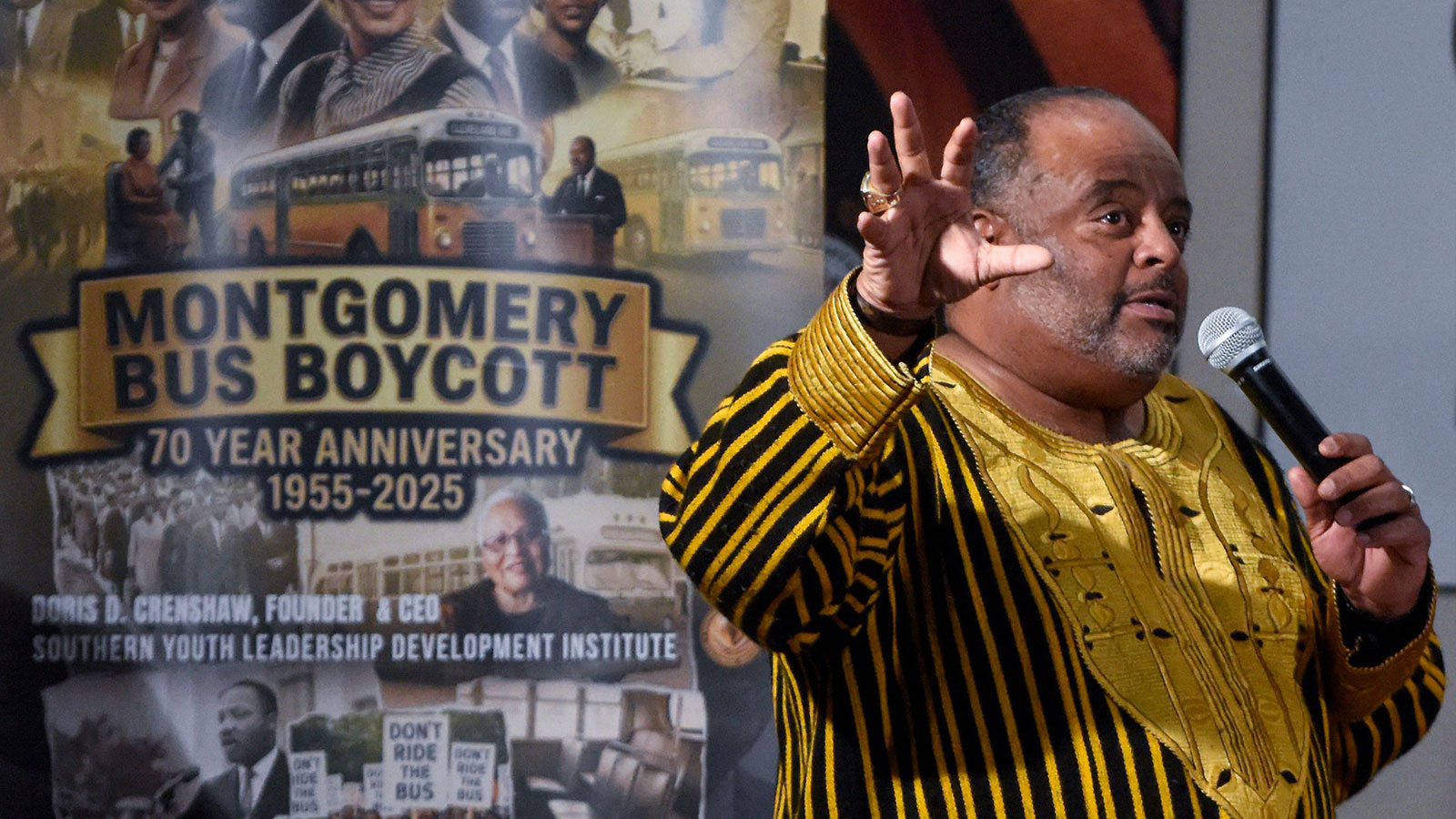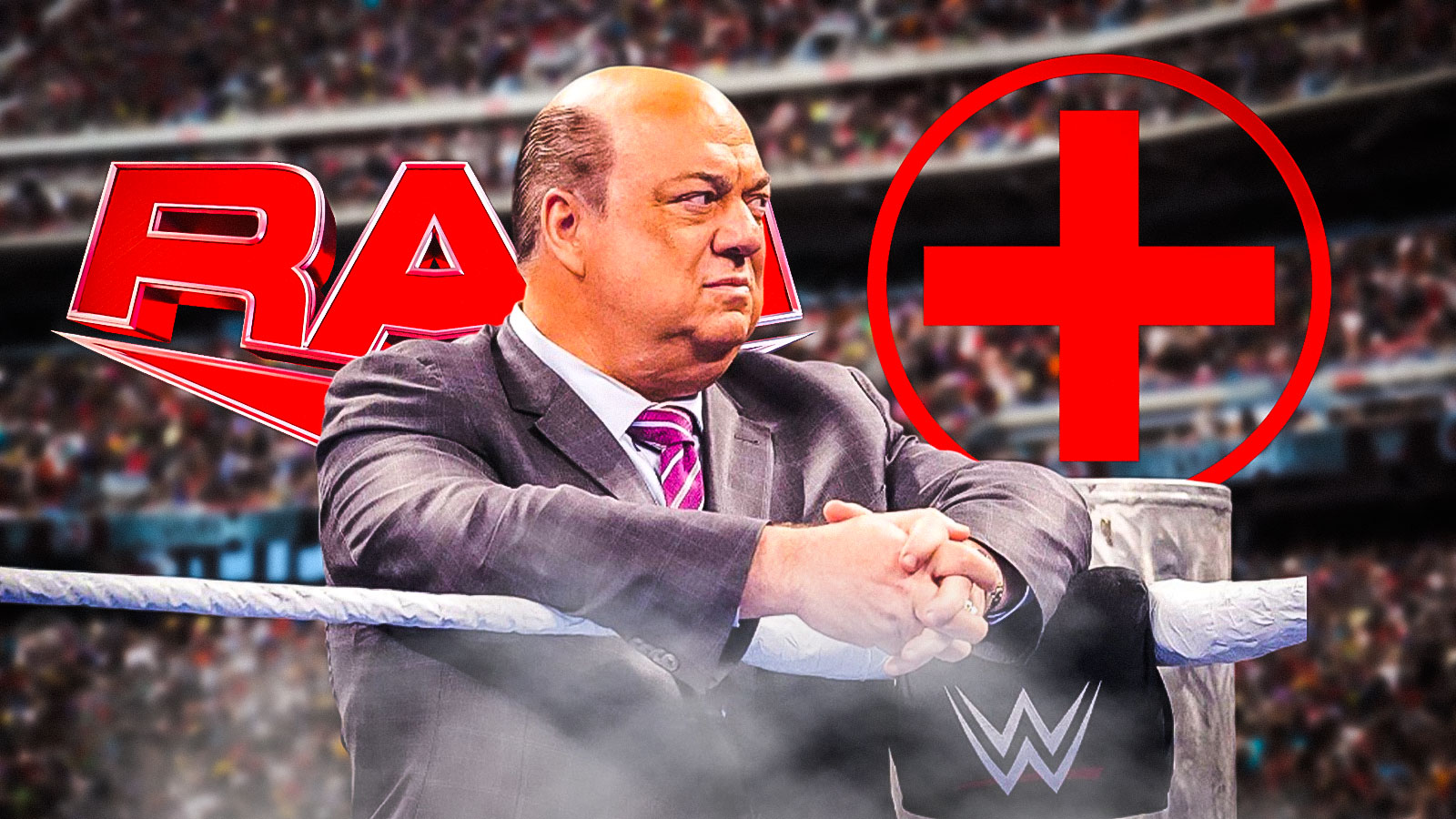With the success of ‘Taylor's Version' and its billions of streams that feature re-recordings of her hits, record companies are trying to crack down on this happening again.
The reason to prevent this is that re-recording drives down the value of those original recordings, according to Billboard.
Record labels are trying to prevent Taylor's Version-type situations from happening
Major labels Universal Music Group, Sony Music Entertainment, and Warner Music Group recently overhauled contracts for signees that are new. Regarding a timeline, some demanding artists wait up to 10, 15, or even 30 years to re-record releases after record company departures.
“The first time I saw it, I tried to get rid of it entirely,” veteran attorney Josh Karp said. “I was just like, ‘What is this? This is strange. Why would we agree to further restrictions than we've agreed to in the past with the same label?'”
Music attornies are pushing back. “It becomes one of a multitude of items you're fighting,” Karp mentioned.
Following the success of Taylor Swift’s re-recordings, major labels are reportedly overhauling contracts for new signees, with some demanding artists wait 10, 15, or even 30 years to re-record releases after departing their record companies.
🔗: https://t.co/J3oUuMrl3i pic.twitter.com/dWwHkoNKD1
— Pop Crave (@PopCrave) October 30, 2023
“I recently did a deal with a very big indie that had a 30-year re-record restriction in it. Which obviously is much longer than I'm used to seeing,” attorney Gandhar Savur added. “I think the majors are also trying to expand their re-record restrictions but in a more measured way — they are generally not yet able to get away with making such extreme changes.”
Before 2019, when Taylor Swift announced re-recording her first six albums, it was a niche to do this.
Swift has her reasons for doing so, and it will be interesting to see how this directs the music business.




















